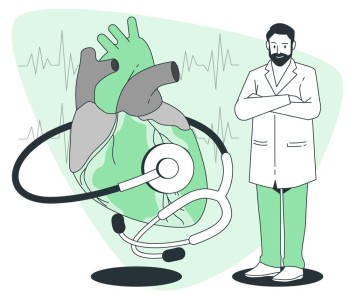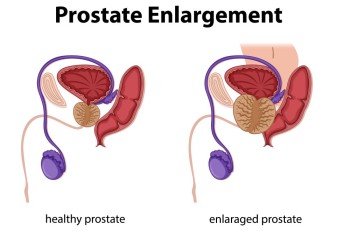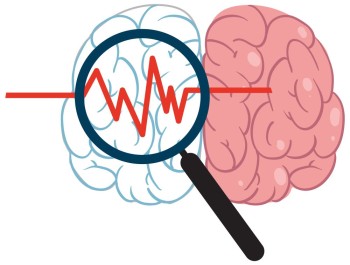
An MRI scan of the knee is a highly advanced diagnostic imaging procedure designed to provide in-depth insights into the structures of the knee joint, including bones, cartilage, ligaments, tendons, and surrounding tissues.
MRI Knee Scan with Cost
MRI Scan of the Knee: A Comprehensive Exploration of Joint Health
1. Introduction:
An MRI scan of the knee is a highly advanced diagnostic imaging procedure designed to provide in-depth insights into the structures of the knee joint, including bones, cartilage, ligaments, tendons, and surrounding tissues.
2. Purpose of the Knee MRI Scan:
The primary purpose is to diagnose and evaluate a myriad of conditions affecting the knee, such as ligament injuries, meniscal tears, arthritis, and other abnormalities impacting joint function.
3. Patient Preparation:
Patients are typically advised to wear comfortable clothing and remove metallic objects. It's crucial to inform the healthcare team about any medical conditions, allergies, or pregnancy. Fasting is usually not required.
4. Imaging Process:
Patient Positioning: During the scan, patients lie on the MRI table, and the knee is positioned within the scanner.
Contrast Agent: In some cases, a contrast agent may be administered to enhance visibility of specific structures.
5. Duration of the Scan:
The typical duration of an MRI scan of the knee ranges from 30 to 60 minutes. Patient cooperation and remaining still are crucial for optimal image quality.
6. Advantages Over Other Imaging Techniques:
High-Resolution Imaging: MRI excels in providing detailed, high-resolution images, allowing for a thorough assessment of intricate knee structures.
Non-Invasive Nature: MRI is a non-invasive procedure, eliminating the need for exposure to ionizing radiation.
7. Conditions Diagnosed with Knee MRI Scan:
Ligament Injuries: Identification and characterization of anterior cruciate ligament (ACL), posterior cruciate ligament (PCL), and collateral ligament injuries.
Meniscal Tears: Detection of tears in the meniscus, essential for understanding joint stability.
Arthritis and Joint Disorders: Assessment of cartilage health and identification of conditions contributing to arthritis.
8. Patient Experience:
The procedure is generally painless, with minimal discomfort related to the need for immobility during the scan.
Open MRI options may be available for individuals with claustrophobia.
9. Interpreting Results:
Results are interpreted by a skilled radiologist who provides detailed insights into the condition of the knee joint's various structures.
A consultation with a healthcare provider follows to discuss findings and plan appropriate treatment.
10. Post-Scan Considerations:
Patients can typically resume normal activities immediately after the MRI knee scan, as there is no recovery time required.
11. Conclusion:
An MRI scan of the knee emerges as an indispensable tool in diagnosing and managing a spectrum of knee-related conditions, contributing to effective healthcare and improved patient outcomes.
12. Future Trends:
Ongoing advancements in MRI technology continue to refine knee imaging, ensuring enhanced diagnostic capabilities for various orthopedic conditions.
In conclusion, the MRI scan of the knee offers a detailed and non-invasive approach to understanding the intricacies of joint health, providing crucial information for effective medical care.
FAQs (Frequently Asked Questions) about Knee MRI
Q1: What is the purpose of an MRI Scan of the Knee?
A1: An MRI Scan of the Knee is performed to provide detailed imaging of the knee joint, including bones, cartilage, ligaments, and tendons. It is primarily used to diagnose conditions such as ligament injuries, meniscal tears, arthritis, and other abnormalities affecting joint health.
Q2: How should I prepare for an MRI Scan of the Knee?
A2: Patients are generally advised to wear comfortable clothing and remove metallic objects. Informing the healthcare team about any medical conditions, allergies, or pregnancy is crucial. Fasting is typically not required.
Q3: How long does an MRI Scan of the Knee take, and what can I expect during the procedure?
A3: The duration usually ranges from 30 to 60 minutes. Patients lie on the MRI table, and the knee is positioned within the scanner. Remaining still is crucial for optimal image quality. The procedure is generally painless, with minimal discomfort.
Q4: Are there any advantages of an MRI Scan of the Knee over other imaging techniques?
A4: Yes, MRI provides high-resolution images, enabling a thorough assessment of knee structures. It is a non-invasive procedure, eliminating the need for exposure to ionizing radiation.
Q5: What conditions can an MRI Scan of the Knee diagnose?
A5: This MRI scan can diagnose various conditions, including ligament injuries (ACL, PCL), meniscal tears, and arthritis contributing to joint disorders.
Q6: Is there any discomfort associated with an MRI Scan of the Knee?
A6: The procedure is generally painless. Minimal discomfort may arise due to the need for immobility during the scan. Open MRI options are available for individuals with claustrophobia.
Q7: How soon can I resume normal activities after an MRI Scan of the Knee?
A7: Patients can typically resume normal activities immediately after the scan, as there is no recovery time required.
Q8: How are the results of an MRI Scan of the Knee interpreted?
A8: Results are interpreted by a skilled radiologist, providing detailed insights into the condition of the knee joint's various structures. A consultation with a healthcare provider follows to discuss findings and plan appropriate treatment.
(0)
Login to continue



